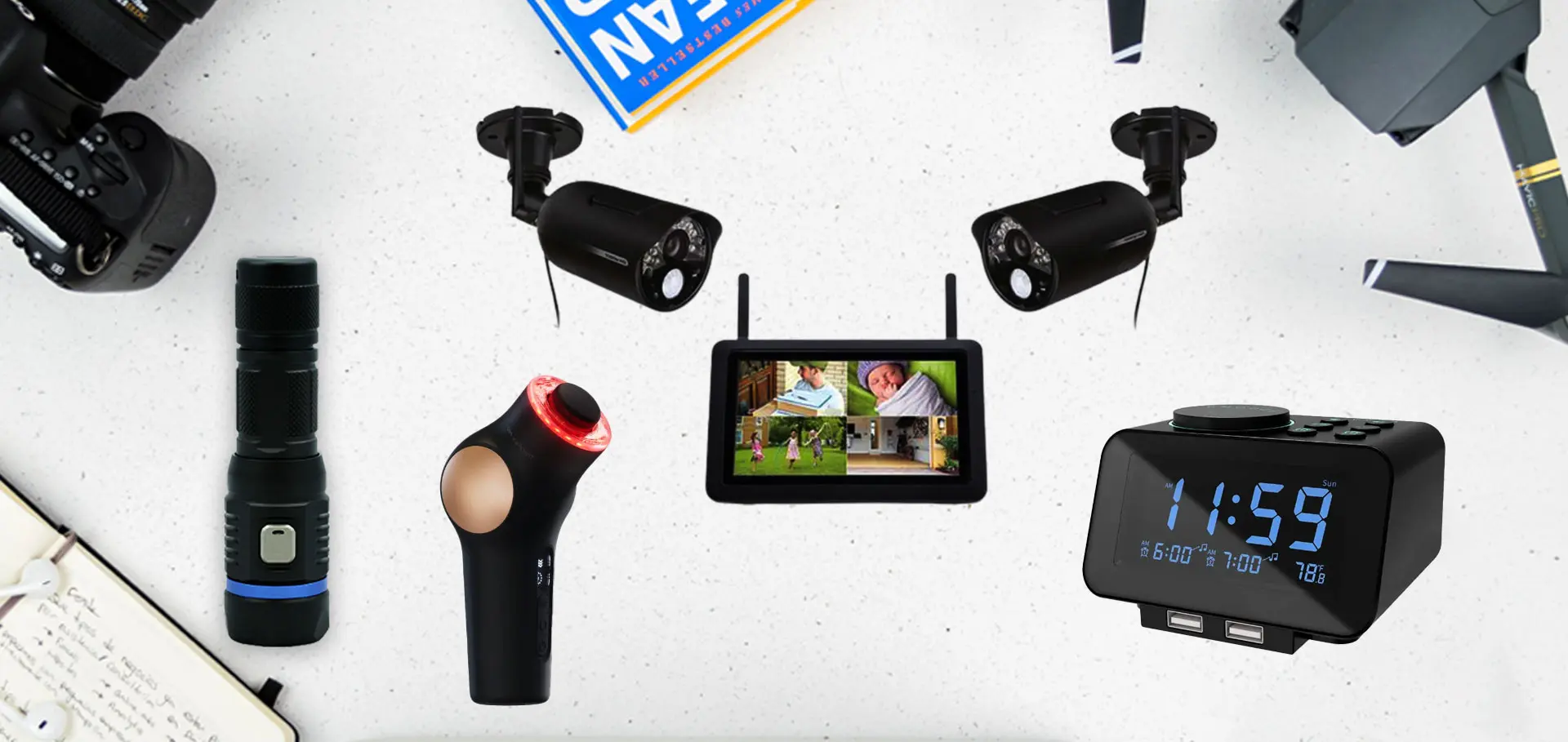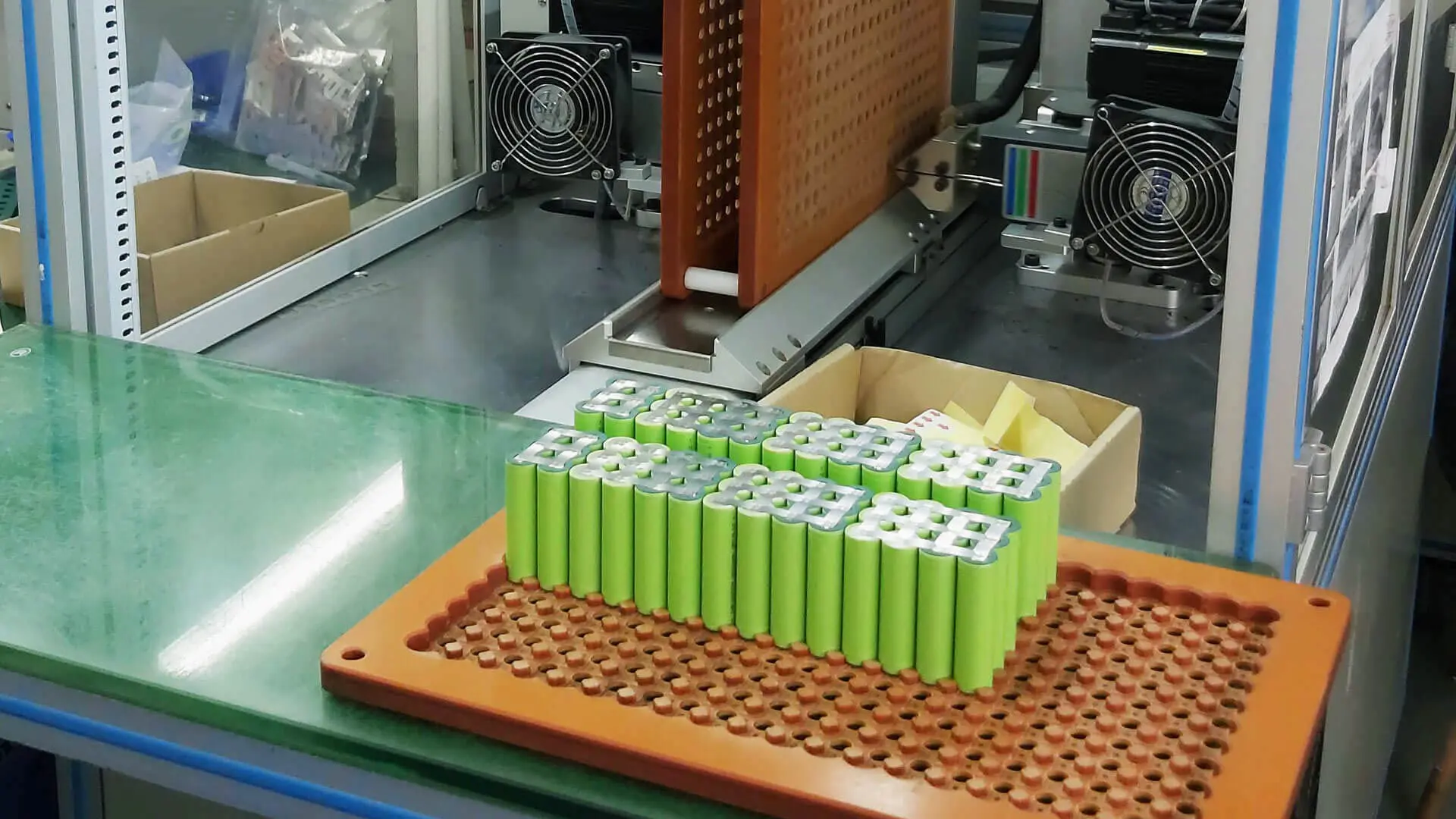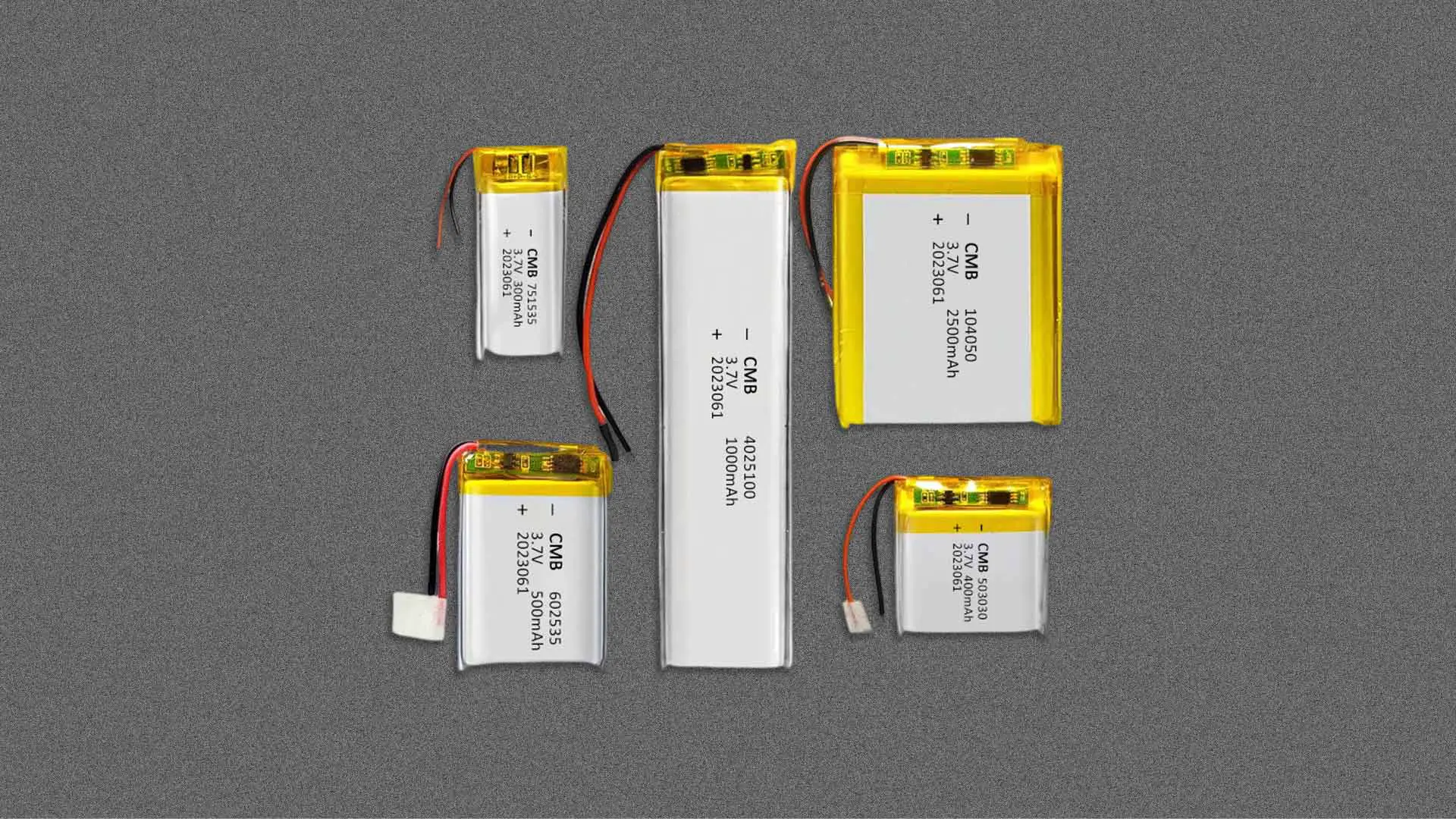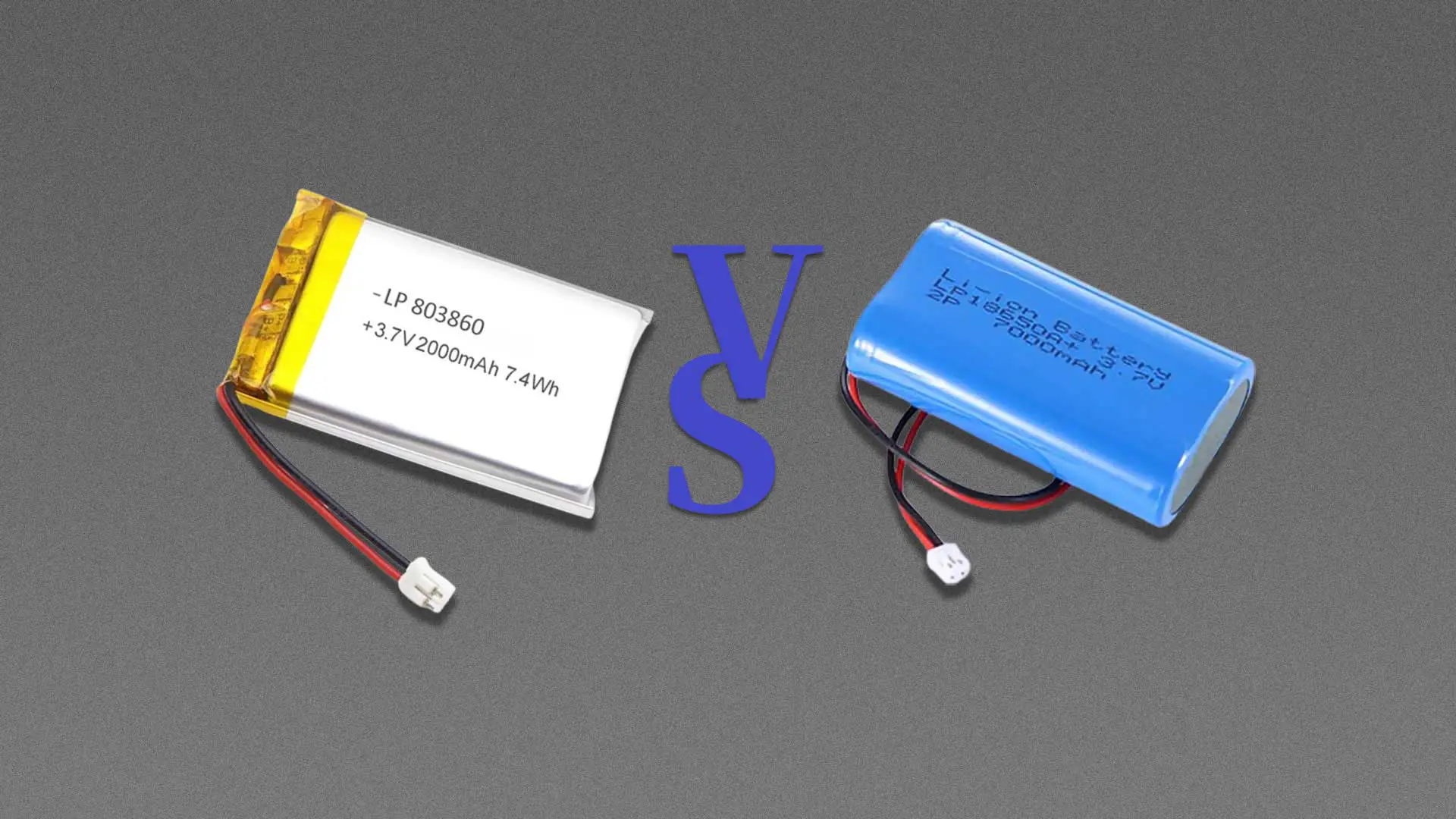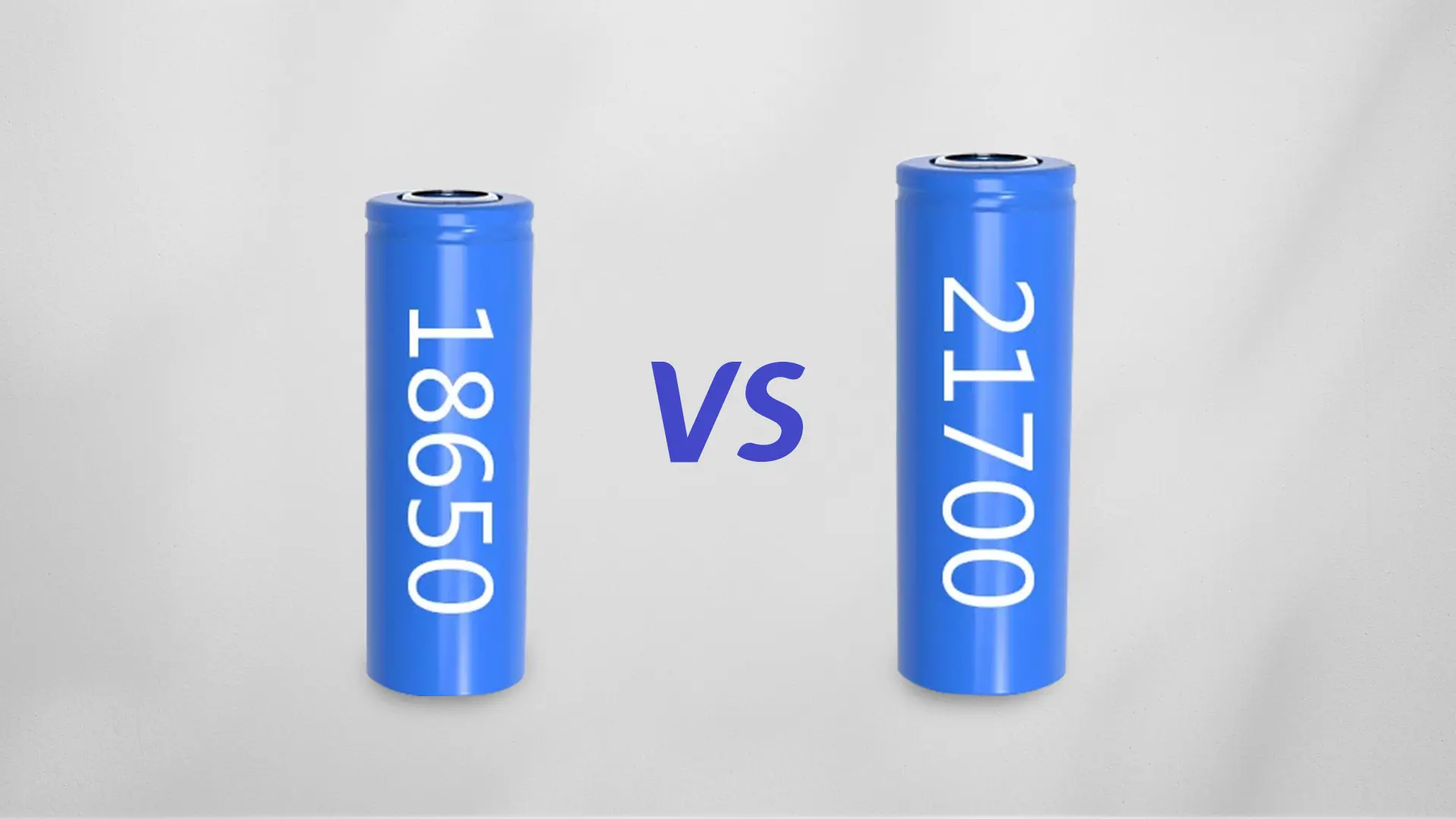Augmented reality (AR) is skyrocketing around the world, with hardware specifically expected to grow by over 60% from 2023-2026. This means one thing — more batteries. AR glasses are largely dependent on lithium batteries due to their unique lightweight, high energy density, capacity, low self-discharge rate, and long lifespan. Lithium-ion batteries and AR glasses are a perfect match.
This rise in demand for AR directly leads to a rise in demand for lithium batteries. To help understand the future growth of both the AR device and lithium battery industries, here are a few major market trends to be aware of.
Rise of AR on Smart Devices
AR seems like a perk that would only be available on an expensive, advanced game system, but that’s far from the truth. AR adoption in smart devices is increasing rapidly, making AR accessible to the average consumer. One of the most well-known examples was Pokemon Go, which allowed users to see “wild Pokemon” through their phone camera against their everyday backdrop. Smartphone integration presents an opportunity for wearable AR technology that’s powered by customized lithium batteries to fit the exact shape and size of your glasses or headset.
Battery Tech Improvements
New lithium battery technology such as improvements to battery weight, energy density, and safety features are making lithium batteries an even more desirable power source for AR devices. Take the solid-state battery, for example, which is the next wave of innovation in the lithium battery industry. The solid-state battery is a safer alternative to liquid-state lithium-ion batteries and can make the AR experience even safer once it is fully integrated. Batteries being made lighter and more flexible also improves their utility for AR headsets. Reach out to us directly for more information on customizing a lithium battery that’s perfect for your AR needs.
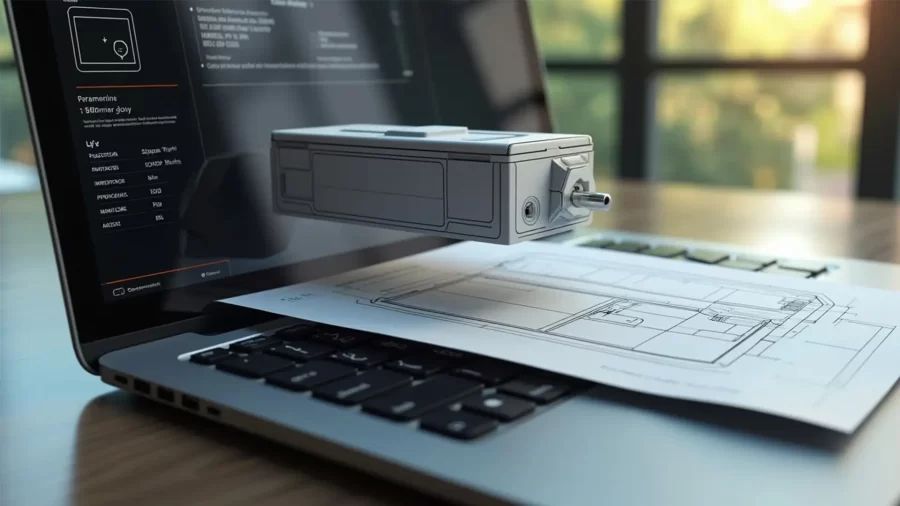
5G Will Drive Battery Demand
As 5G continues to roll out around the world, AR companies will be enabled to provide even more complex functionality to their programs and devices. These faster data speeds and lower latency will lead to an increased need for reliable power, further enforcing the need for lithium batteries in the AR industry. This increased demand due to 5G will also encourage lithium battery manufacturers to improve the functionality and efficiency of their batteries to meet the needs of their customers.
Increased Industrial Applications
AR games can be a fun way to relax, but AR’s main use in the future will be industrial applications. This can include employee training, real-time support where instructions and data are overlaid directly over machines, or quality assurance, in which you’d use AR to detect issues that can’t be detected by the human eye. AR can also help with concept visualization and user assembly guides. Many industries can use AR to their advantage in the future, which will only further increase the demand for lithium AR batteries.
The future of the AR industry is bright, and lithium-ion batteries will play an integral role in its success. For information on customizable batteries for future applications like AR, check out our blog or reach out to us with any questions about your battery needs.


